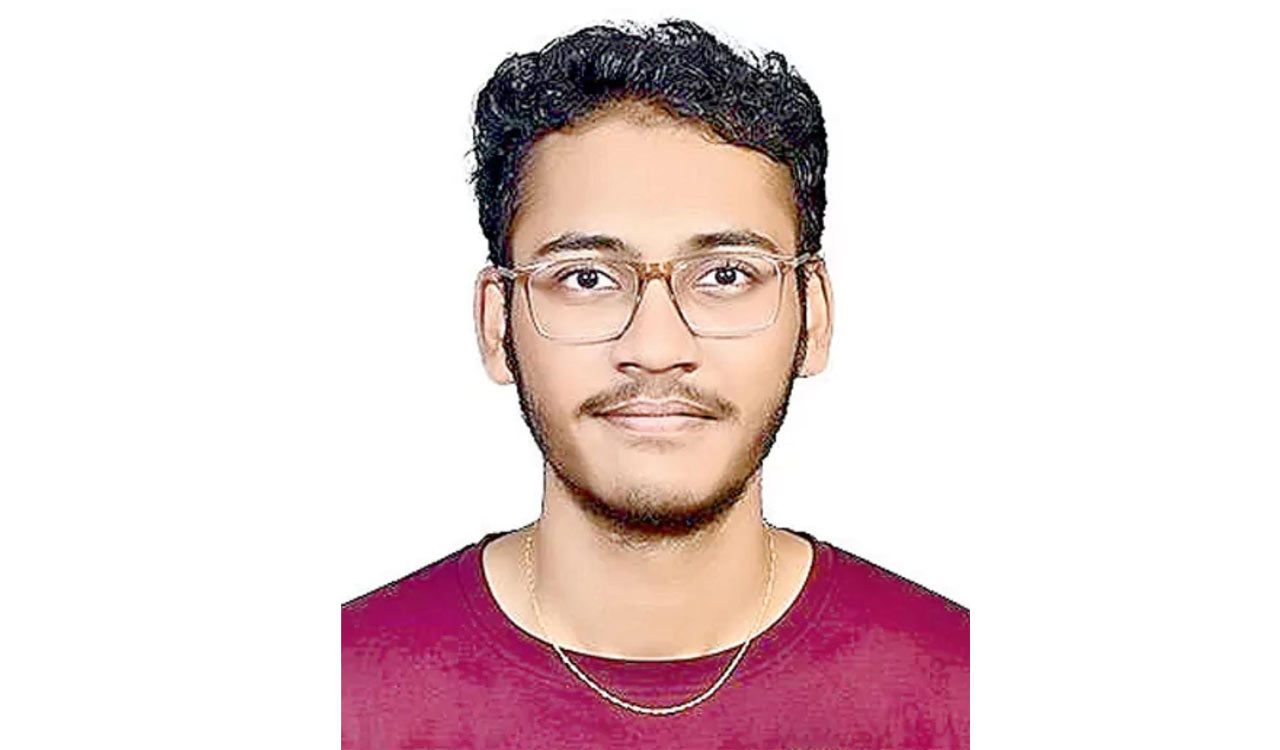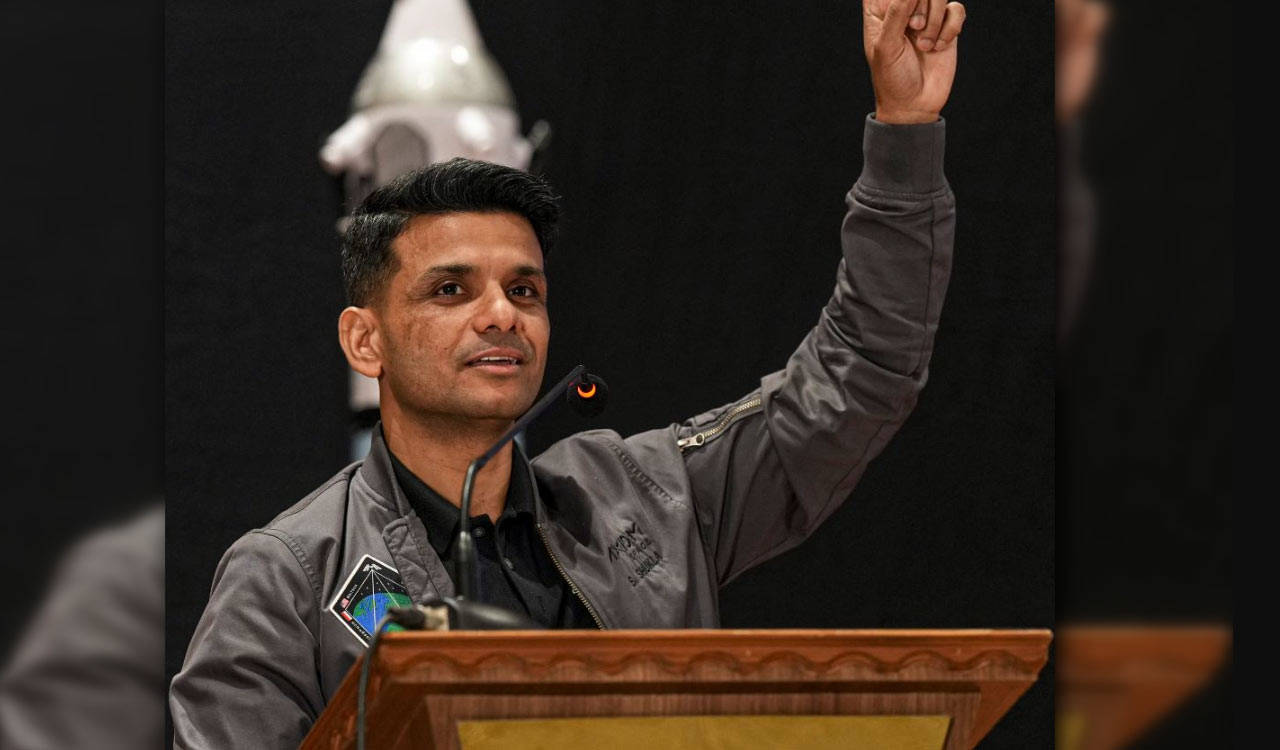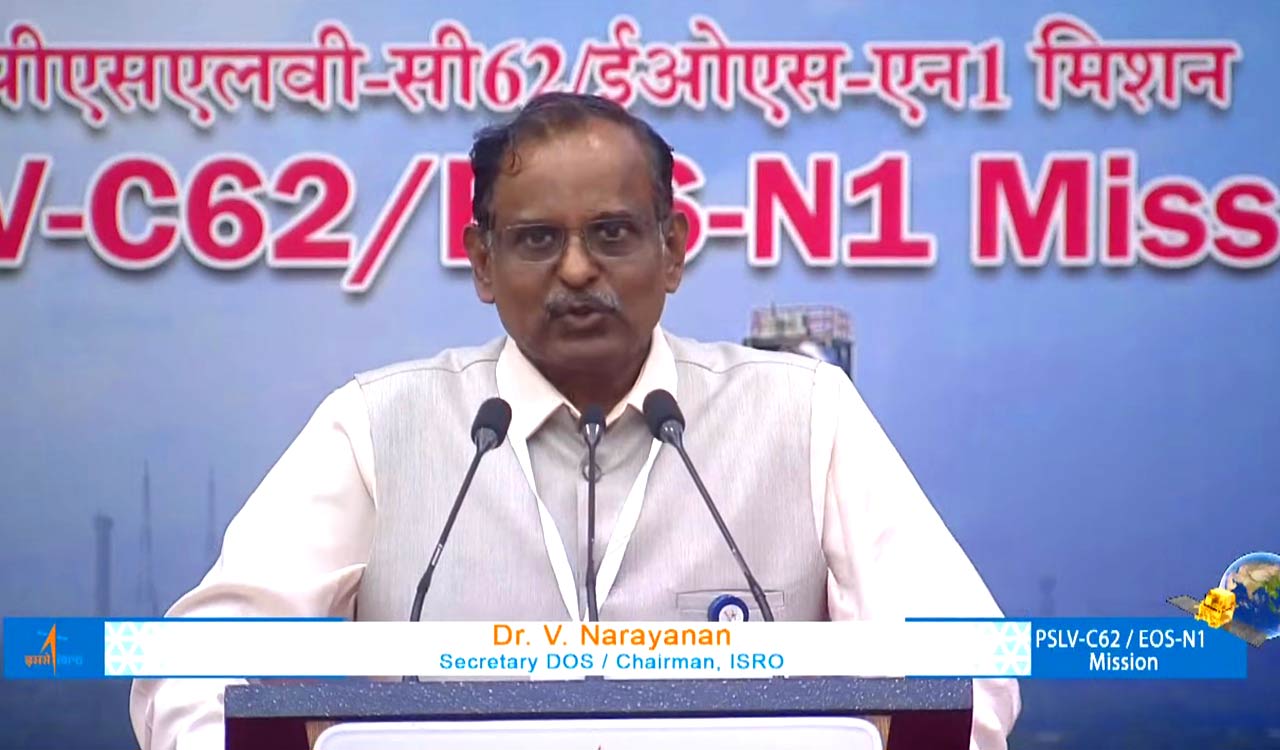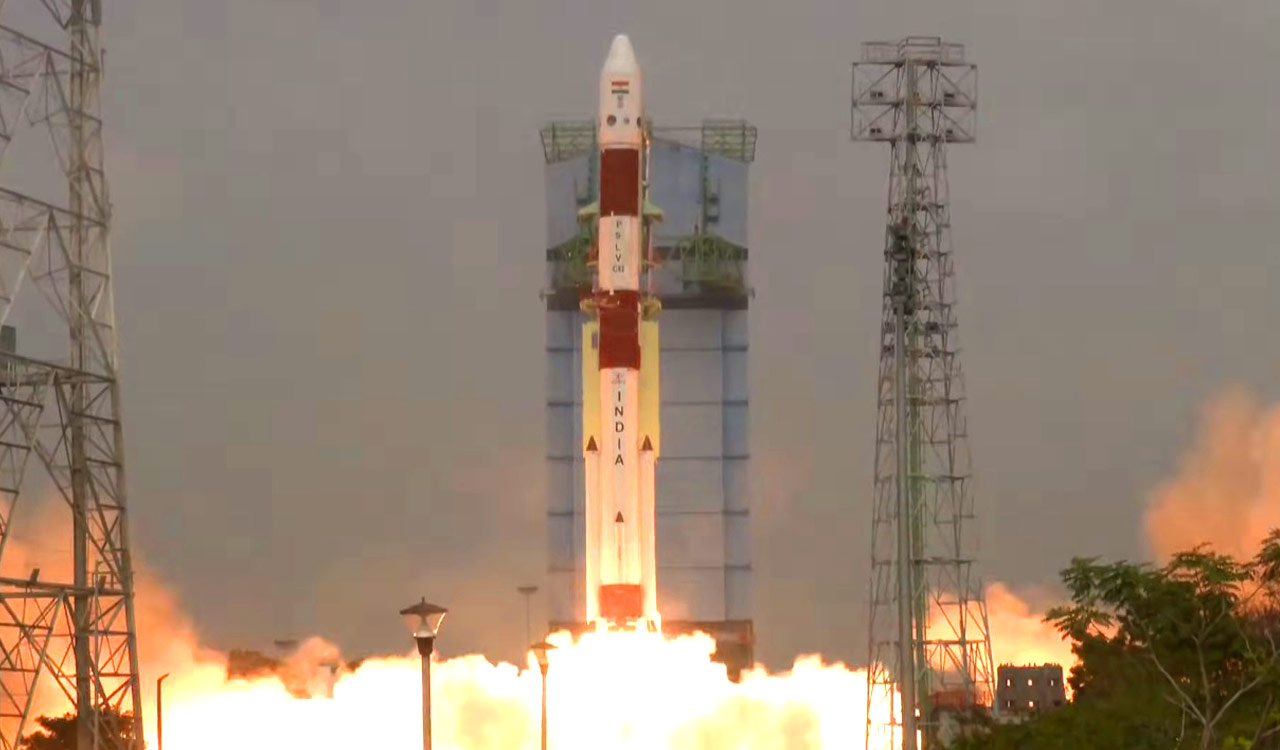Axiom-4, a giant leap for India’s space ambitions
Missions like Axiom-4 can ignite scientific curiosity in youth — but India must invest more in science education and research to nurture indigenous talent
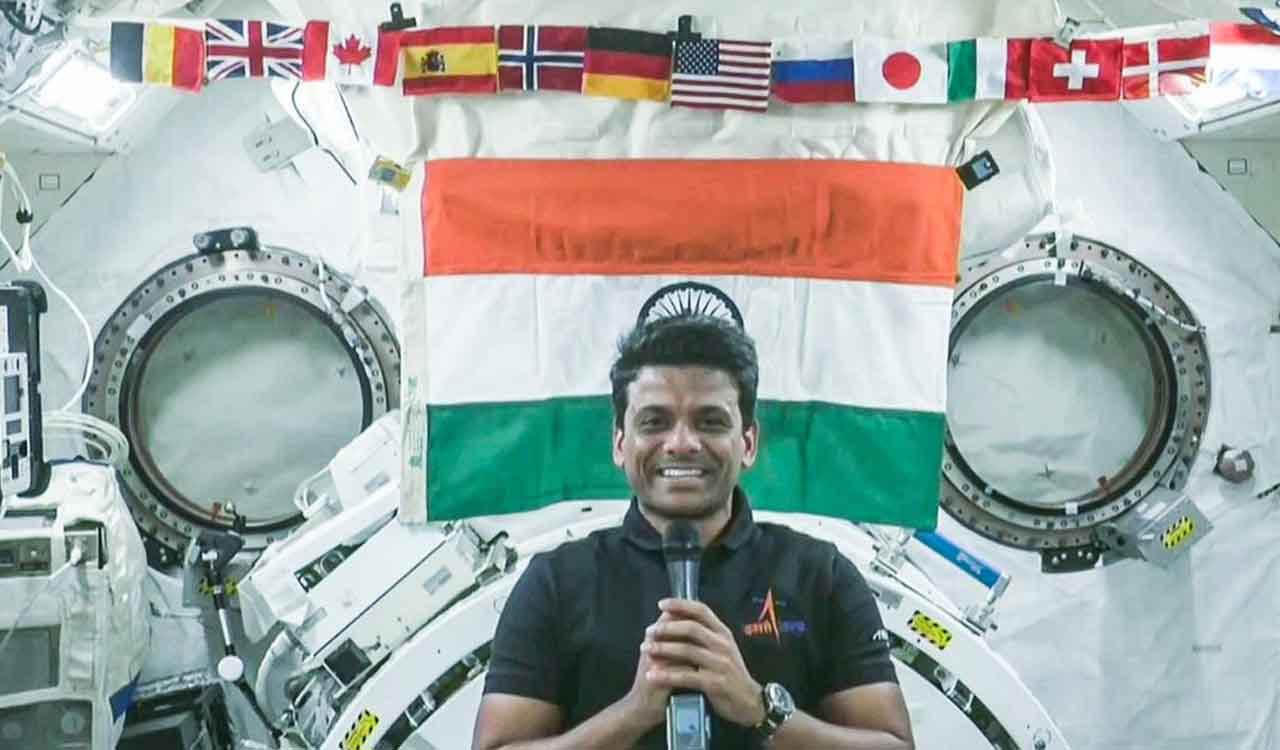
By Martand Jha
Mission Axiom-4 was successfully completed on 15th July, 2025. For India and the Indian Space Research Organization (ISRO), this mission served as a test case to assess the country’s preparedness for Mission Gaganyaan. That’s why even on Mission Axiom-4, Indian astronaut Shubhanshu Shukla was referred to as a ‘Gaganyatri’ by ISRO. India’s expectations from this mission were high, given that Rs 550 crore was paid to purchase a seat for an Indian in outer space.
The objectives set for this mission were successfully met— an achievement that must be highlighted. As per the ISRO:
Gaganyatri Shubhanshu Shukla completed a suite of seven microgravity experiments developed by Indian research institutions under the Human Space Flight Centre’s (HSFC) coordination. These experiments explored muscle regeneration, algal growth, crop viability, microbial survivability, cognitive performance in space, and the behaviour of cyanobacteria—each aimed at enhancing understanding of human spaceflight and microgravity science.
Noteworthy Achievement
A noteworthy aspect was that Group Captain Shukla was able to maintain optimal health throughout his stay aboard the International Space Station (ISS). This is important, as keeping oneself healthy despite physical and psychological challenges posed during a spaceflight and afterwards is not an easy feat. This highlighted the physical fitness and mental toughness of the Indian astronaut— qualities that may see him selected again for the human spaceflight mission in the coming years.
For any human spaceflight mission to be successful, the most basic checkbox to be ticked is the health and fitness of the astronaut. Everything else, while important, is secondary in comparison, ie, in relative terms, the well-being of the astronaut takes precedence.
This mission spanned nearly 20 days, covering a distance of approximately 12 million kilometres, which included 282 orbits aboard the ISS. Following the mission, Group Captain Shukla was taken to Houston to participate in a rehabilitation programme to mitigate the effects of prolonged microgravity exposure. Shukla was involved in seven microgravity experiments on the ISS.
The rehabilitation programme, overseen jointly by Axiom-4’s flight surgeon and ISRO’s flight surgeon, involves a number of medical checks that include multiple cardiovascular assessments, musculoskeletal tests and psychological debriefings.
Attracting Attention
Apart from its technical milestones, the mission captured significant public and media attention, especially during Gaganyatri Shukla’s interaction with Prime Minister Narendra Modi. This moment evoked memories of 1984, when India’s first astronaut, Rakesh Sharma, had a similar conversation with then Prime Minister Indira Gandhi.
Modi’s 18-minute exchange with Shukla included a range of questions from issues like India’s future missions in outer space to Shukla’s experiences aboard the ISS. A special emphasis was put on the inspirational value of space missions for millions of children across India, who get drawn towards outer space and science after witnessing such missions.
Public outreach was a key component of this mission. Apart from his live interaction with the Prime Minister, Shukla also interacted with school students, where he spoke about the experience of being an astronaut and life on the ISS.
Similar sessions were held with students and engineers in Bengaluru and Meghalaya. Shukla also briefed the ISRO chairman via teleconferencing about his experiments on the ISS.
Shukla’s successful return to Earth in a healthy condition, with all the mission objectives achieved, underlines the importance of the extensive training he underwent.
Missions like Axiom-4 can ignite scientific curiosity among India’s youth. However, India needs to invest heavily in science education and research if it wants indigenous talent to grow and prevent brain drain. The lesson learned from Axiom-4 is that India as a nation is ready to take giant leaps in outer space.
Mission Gaganyaan will be the next big leap, but until then, the success of Axiom-4 is a moment to be cherished.

(The author is a researcher in international relations and strategic studies)
Related News
-
Leaders across party lines greet KCR on 72nd birthday
6 mins ago -
US troops arrive in Nigeria to help train its military
7 mins ago -
Pratika Rawal joins India’s squad for India-Australia ODI series
13 mins ago -
India looking forward to French President’s visit: PM Modi
23 mins ago -
Identity proof chaos in Bengal SIR: CEO flags irregular uploads, deadline extension on the cards
25 mins ago -
Elderly woman dies after saree catches fire at Thane temple
30 mins ago -
Cartoon Today on February 17, 2026
1 hour ago -
Telangana student found dead in hostel at NIT Kurukshetra
2 hours ago

